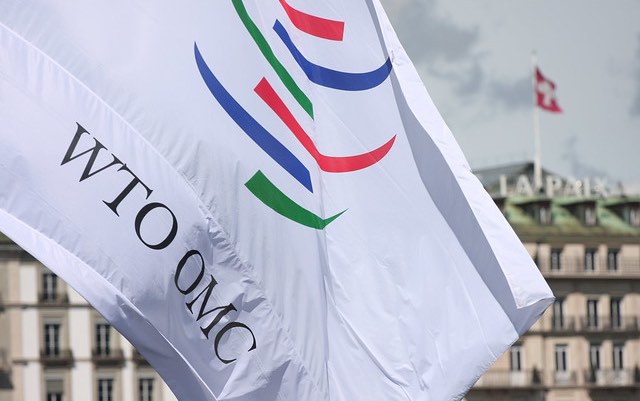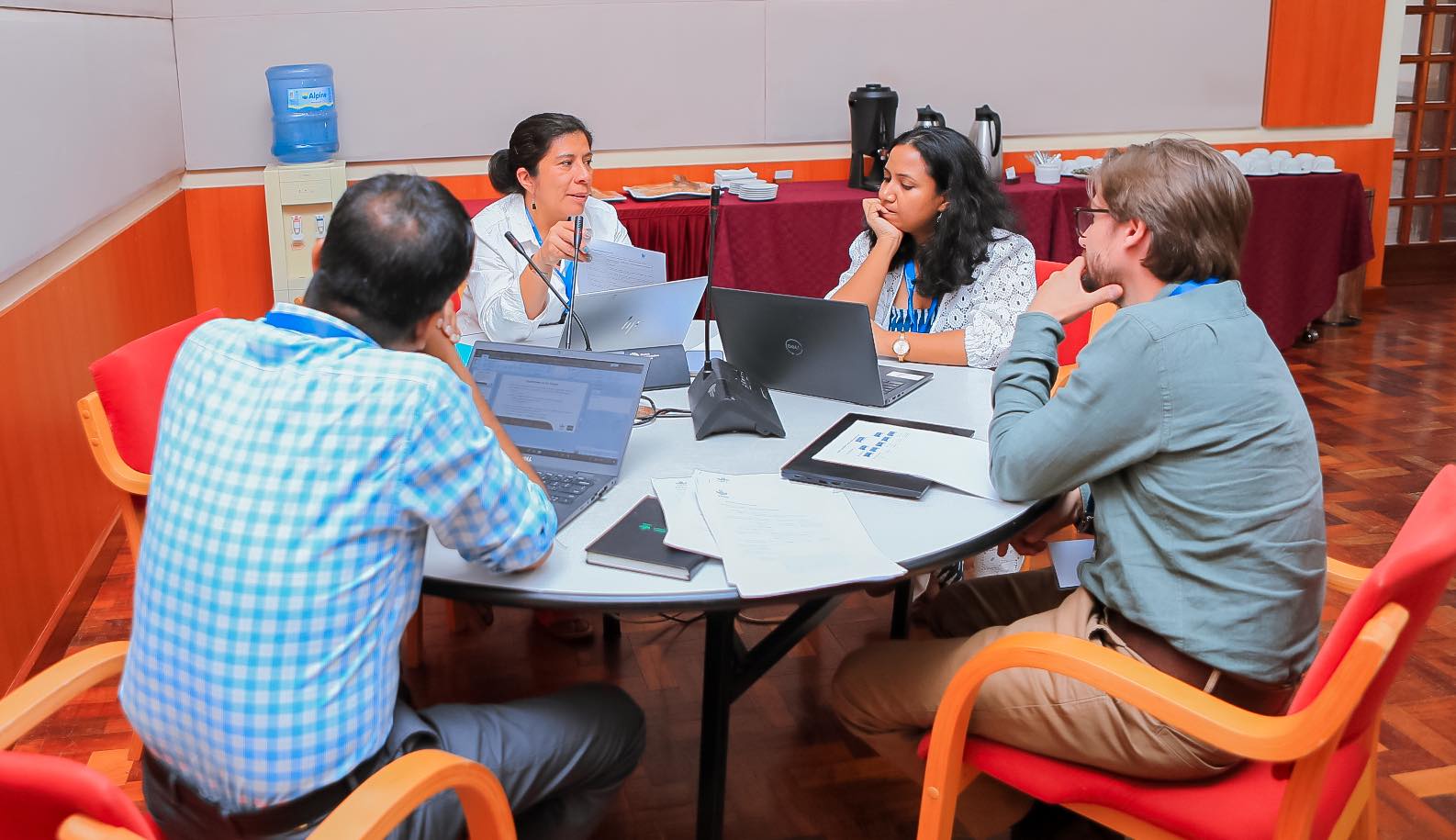From its formation in 1995, the World Trade Organization’s Dispute Settlement Body has served as a main pillar of the multilateral trading system, receiving filings for a total of 583 disputes. WTO members rely on Dispute Settlement proceedings to ensure transparency, clear rules, and a fair system on trade.
The Dispute Settlement Body has an important role in the world’s food and agriculture system. Most cases—more than 60% from 1995 to 2014—concerned animals and animal products, vegetable products, or foodstuffs, even though these sectors represent less than 15% of world trade.1 In the face of changing climate patterns, changing composition of food demand, and other factors, multilateral trade will be more important to food and agriculture than ever.
Yet today, the Dispute Settlement procedure—and the multilateral trading system along with it—is on the verge of crisis. It could cease to function by the end of 2019. Normally, its Appellate Body (AB) consists of seven Members, three of whom serve on each case in a rotating manner, and each of whom has a four-year term. Now, just three are left, with two Members’ terms set to expire at the end of this year. With only three Members, the AB’s capacity to handle cases is severely limited, and unresolved disputes are piling up. With just one Member, the Dispute Settlement procedure will grind to a halt.
Why has AB membership dwindled so drastically? The United States has been withholding approval of Appellate Body appointments, which require the agreement of all WTO members, in protest of several issues it has with procedural and structural aspects of the Appellate Body’s behavior. Most of these concerns revolve around what it sees as the AB overreaching its responsibilities and authority. The U.S. is not alone; other WTO members have also expressed concerns, especially regarding procedural issues such as the AB’s decision to ignore the 90-day limit on deciding appeals and the authorization of continued service by persons who are no longer AB Members.
However, if the U.S. continues to block appointments, it risks harm to itself along with other WTO members. Like other members, it has benefited greatly from WTO Dispute Settlement. Since 1995, the U.S. has been a complainant in 123 disputes (21% of cases),2 winning over two thirds of those cases, including recent cases against China on agricultural subsidies and Tariff Rate Quota administration.
Efforts by WTO members to break the impasse over AB appointments include proposed amendments to the language of the Dispute Settlement Understanding3. However, it remains to be seen whether these proposals can be the groundwork to move forward. If not, other options—none especially appealing—will have to be considered. Among these is Article 25 of the Dispute Settlement Understanding , which allows binding arbitration without an appeal mechanism in lieu of the typical dispute settlement process.
IFPRI
Paralyzing the Dispute Settlement procedure would be a real loss to the global trading system. Beyond the immediate halt of proceedings, failure to appoint a full, functioning AB could come at considerable costs to WTO members’ long-term objectives and the stability of the multilateral trading system. The food system is one critical place where consequences could land: Escalating disputes over food products could potentially have a severe human cost for countries that rely on food trade, exacerbating hunger and eroding food producers’ income. To avoid such disastrous outcomes, it is critical that WTO members find a resolution to the looming Appellate Body crisis.
Joseph W. Glauber and David Laborde are Senior Research Fellows with IFPRI’s Markets, Trade, and Institutions Division (MTID). Marie Parent is an MTID Research Analyst.
1. Authors’ calculation based on the UN Comtrade database.
2. Authors’ calculation based on WTO data.
3. See WTO official documents: W752, W768, W769, W773.







